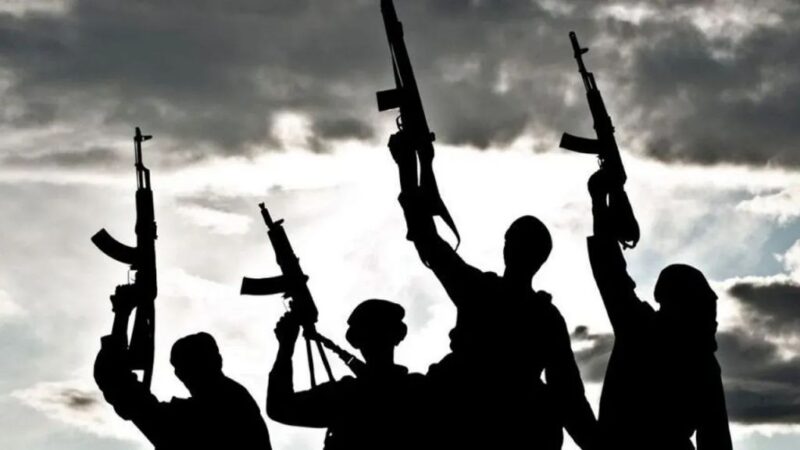The withdrawal of Niger from the Multinational Joint Task Force (MNJTF) has sparked new concerns among security experts and military officials, who believe this move could significantly weaken regional efforts to contain the threat of Boko Haram and other insurgent groups in the Lake Chad Basin.
Dr. Joshua Bolarinwa, Associate Professor and Head of the Division of Security and Strategic Studies at the Nigerian Institute of International Affairs (NIIA), noted that Niger’s decision to step back from the MNJTF was not unexpected.
In a recent social media post, he stated that the MNJTF had expanded its operations since it was first created in 1998 and later revitalized in 2015, with a clear mandate to tackle Boko Haram’s violent campaigns across Nigeria and neighboring countries.
The MNJTF, made up of around 10,000 troops from multiple countries, has played a major role in pushing back insurgents. Its first major campaign took place in 2016, where it successfully reclaimed territory, freed hostages, and destroyed terrorist hideouts.
According to Dr. Bolarinwa, these joint military efforts led to a sharp decline in Boko Haram’s operations, and even received praise from the United Nations for reducing the threat in the region.
However, Niger’s withdrawal following the July 2023 coup, and subsequent ECOWAS sanctions, may now undo much of that progress. Although the country’s military leader, General Abdourahamane Tchiani, claimed that “Niger is still a member of MNJTF,” military activities on the ground suggest otherwise. With Niger sharing its longest border with Nigeria—spanning over 1,600 kilometers—its absence from joint patrols creates large security gaps.
Experts fear that without Niger’s support, Boko Haram and other extremist groups like ISWAP may take advantage of unmonitored border areas to smuggle in weapons and fighters, particularly from the Sahel and North Africa.
Already, communities like Gaidam in Yobe State, and towns near Lake Chad such as Mallam Fatori and Damasak, are seeing a rise in foreign combatants entering through unmanned routes.
This development, according to Dr. Bolarinwa, could lead to a renewed wave of violence that may undo years of coordinated counter-insurgency efforts. “The absence of military patrols at the borders may provide Boko Haram and other insurgent groups, especially ISWAP, with additional incentives to escalate their attacks,” he noted.
The implications go beyond Nigeria. With Niger previously playing a key role in these operations, its disengagement may harm not only regional security but also its own stability. Security analysts argue that now is the time to improve diplomatic ties, strengthen collaboration among Lake Chad countries, and find a pathway for Niger’s reintegration into the coalition.










